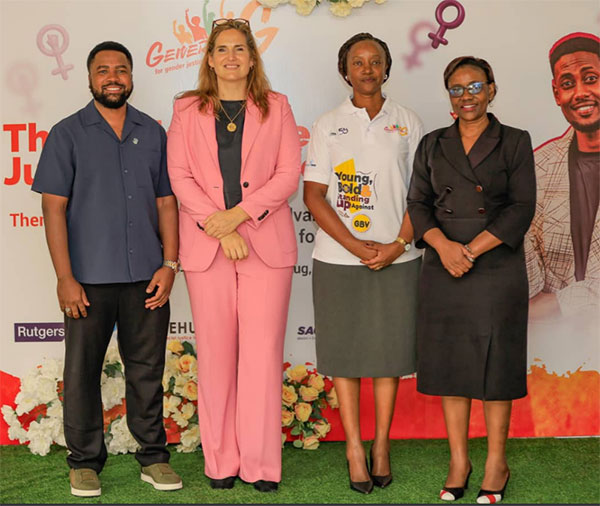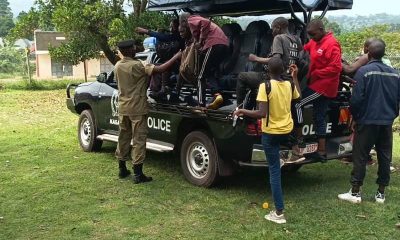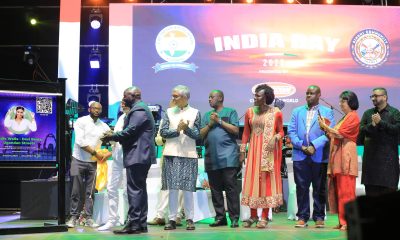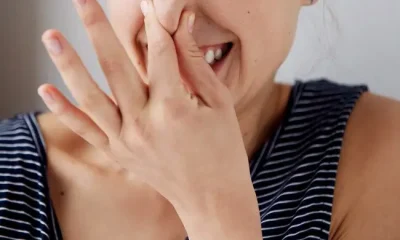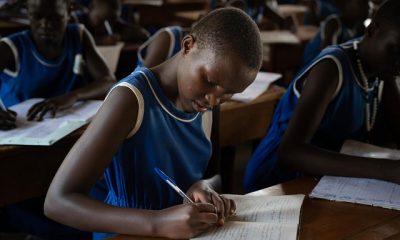News
Reach A Hand Uganda Leads National Dialogue to Advance Gender Justice as Gen G Project Closes
Reach A Hand Uganda, in partnership with FIDA Uganda and the Center for Health, Human Rights and Development (CEHURD), has wrapped up the four-year Generation Gender (Gen G) project with a National Gender Justice Dialogue, held on August 7, 2025, at the Golf Course Hotel, Kampala.
Themed “Reflecting on Progress, Advancing Gender Justice: Amplifying Voices for Change”, the dialogue assessed Uganda’s strides towards gender equality while highlighting the project’s contributions to Sustainable Development Goal 5 – achieving gender equality and empowering all women and girls.
Officiating the event, the Dutch Ambassador to Uganda, Frederieke Quispel, hailed the initiative as more than just a project. “Today’s event is not the end of a project—it is the celebration of a powerful movement that has placed youth, justice, and gender equality at the heart of social transformation,” Quispel said. “We are immensely proud to have supported this bold, transformative initiative rooted in the belief that a gender-just and violence-free society is not only possible but urgent and necessary.”
Funded through the Dutch government’s Dialogue & Dissent programme and implemented via Rutgers International and Sonke Gender Justice, the project operated between 2021 and 2025 across six districts: Kapchorwa, Bukwo, Namutumba, Adjumani, Iganga, and Tororo. It mobilised young people, women, men, and institutions to challenge harmful cultural practices, gender-based violence (GBV), and societal silence around these issues.
Notable achievements include youth-led GBV awareness campaigns that boosted reporting rates and informed communities about legal reforms, including amendments to the Sapiny Cultural Constitution to incorporate women and youth representation. The project also established Youth-Friendly Corners in hospitals to provide confidential GBV reporting channels and sexual and reproductive health services, extended working hours at Health Centre IIIs to ensure survivors could access care beyond normal hours, and delivered targeted support for persons with disabilities (PWDs) and other marginalised groups in accessing justice and health services.
FIDA Uganda Executive Director, Lillian Adriko, emphasised the need to sustain the momentum. “From six districts, the project has built a movement rooted in shared learning, strong partnerships, and meaningful youth participation for a gender-just and violence-free society. Our goal is clear—to turn commitments into lived realities by amplifying young voices, influencing policy, and ensuring gender justice is not just promised but practised,” she said.
The dialogue brought together government officials, civil society leaders, youth advocates, and community representatives, who pledged to carry forward the lessons and networks built under the Gen G initiative to secure a lasting culture of gender justice in Uganda.
Comments



